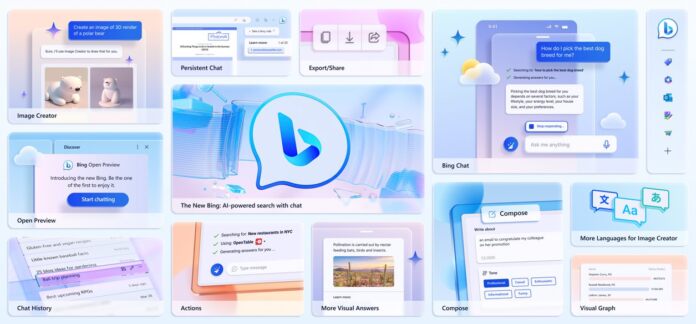Copilot, formerly known as Bing Chat, is set to integrate OpenAI's latest linguistic model, GPT-4 Turbo and DALL-E 3, enhancing its capabilities in handling more complex tasks. This integration was initially reported late last month and is now becoming official. This cutting-edge model, currently undergoing testing with select users, is expected to be widely available in Copilot in the forthcoming weeks.
Enhanced User Interaction with AI
The new features of Copilot include the ability to rewrite text from websites for users of the Microsoft Edge browser, promising a more seamless and interactive browsing experience. Speaking of Edge, Microsoft could be using its browser to expand Copilot capabilities on Android. Additionally, Copilot plans to improve its image analysis using a combination of GPT-4, Bing image search, and web search data. With such advancements, users can expect heightened assistance from Copilot in interpreting and repurposing content found across the web.
Programming Made Easy: The Code Interpreter
Furthermore, Microsoft is developing a feature based on OpenAI Code Interpreter aimed at assisting users in creating Python code from natural-language inquiries. Copilot will not only draft the code in response to complex requests, but also execute it within a secure environment and utilize the outcomes to deliver superior responses. Collaborating with Copilot becomes intuitive, allowing file uploads and downloads, so users can work seamlessly with their own data and integrate Bing search results.
Deep Search: Bing's Pledge for Comprehensive Answers
The integration of AI extends to a new feature in the Bing search engine called Deep Search. Leveraging the power of GPT-4, Deep Search will afford users expanded results on complex topics, significantly surpassing the scope of regular searches. Although still in its testing phase, Deep Search aims to process inquiries tenfold deeper than standard searches, providing users with remarkably detailed and specific information. While conducting a Deep Search might require up to thirty seconds, the depth of the results is intended to justify the wait time.






